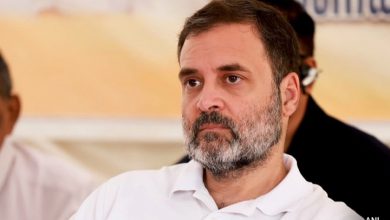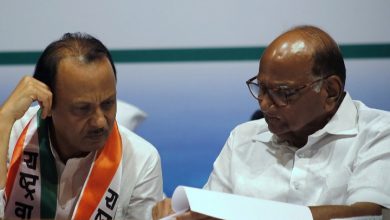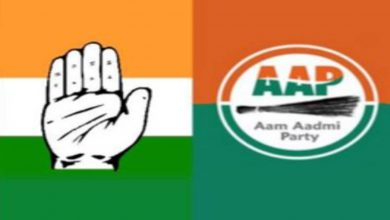The Daily Fix: As BJP pulls out of the J&K government, the People’s Democratic Party stares at ruin

The Big Story: Fall of the PDP
As the Bharatiya Janata Party pulls out of the ruling alliance in Jammu and Kashmir and government falls, former Chief Minister Mehbooba Mufti and her People’s Democratic Party are left to survey the ruin. In spite of the alliance being in trouble for a while, it is widely believed that the People’s Democratic Party was taken by surprise by the BJP’s manoeuvre. Soon after Mufti resigned from the post of chief minister, she claimed in a chaotic press conference that the alliance with the BJP had not been for power, that a “muscular security policy” was not acceptable to Kashmir and that is why the coalition could not continue. Both claims were greeted with scepticism. The People’s Democratic Party has emerged from three years in government with a complete loss of credibility.
Mufti and her party have been blamed on several counts. First, for tying up with the BJP after campaigning with the promise that it would keep the saffron brigade out of the Kashmir Valley. In the agenda of alliance that followed, the party was seen to compromise on some of its defining principles: the idea of “self-rule”, which gestured towards Kashmiri nationalist ambitions and the removal of the Armed Forces (Special Powers) Act from Kashmir, among others. Second, in the years that followed, the government led by Mufti presided over brutal state crackdowns on both civilians and militants. While hundreds have been killed in the last two years, thousands of protestors have been maimed or blinded by shotguns, many others languish in detention under draconian laws such as the Public Safety Act. Mufti protested helplessness in the face of a determined Centre that had chosen an iron fist policy and assumed an almost constant attitude of supplication. It did not convince many in the Valley. Over the last few years, the People’s Democratic Party’s old slogan of a “healing touch” has been invoked over and over again with grisly irony. Third, many ask why Mufti did not resign earlier if the BJP’s policies were so distasteful to her and if she could not stop them. To hold on to power at any cost, seems to be the answer that is usually offered.
Now Mufti will be remembered as the chief minister whose tenure led the Valley into a downward spiral of violence and militancy. Her party’s old bases in South Kashmir are destroyed as those very districts have become the epicentre of militancy. While voters turned away from the party, workers at the ground level have been killed or resigned before they were targeted. The Anantnag Lok Sabha seat, empty ever since Mufti vacated it to become chief minister, still lies empty as elections to it could not be held after widespread violence broke out last year. As disillusionment with government translates into a larger rejection of electoral politics itself, holding polls in the Valley has become a perilous exercise. Which means that the state may be entering an indefinite spell of governor’s rule. Can the People’s Democratic Party piece itself together after this collapse? Over the last two decades, the National Conference and the People’s Democratic Party, the two Kashmir-based parties, have alternated in power. In the brutal political cycles of the Valley, a party may take a hit after a turn in power, only to reemerge stronger in time for the next elections. But even by the Valley’s standards, Mufti and her colleagues face a daunting task. Rebuilding the People’s Democratic Party may need a miracle.







